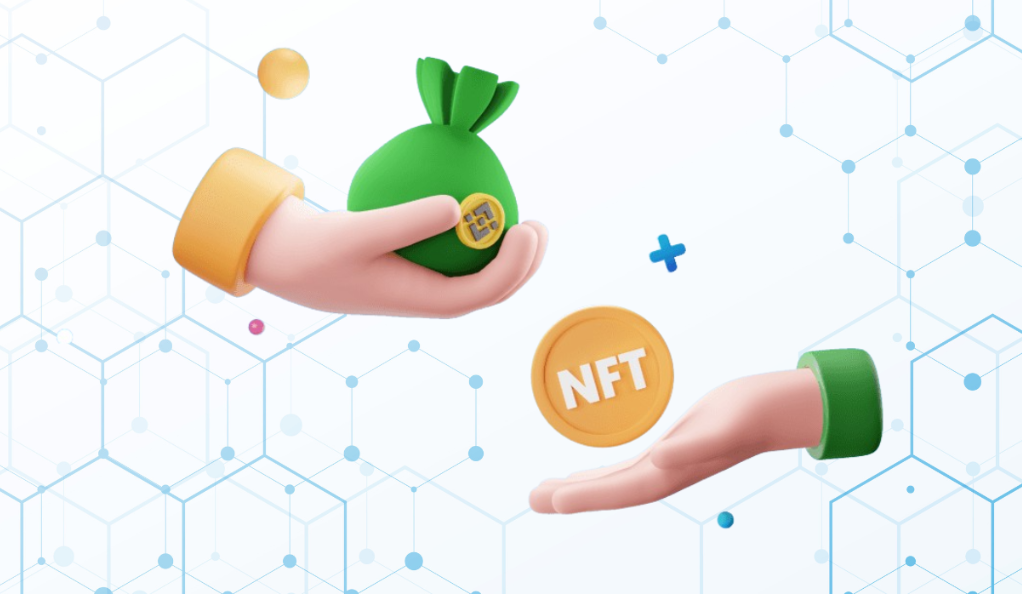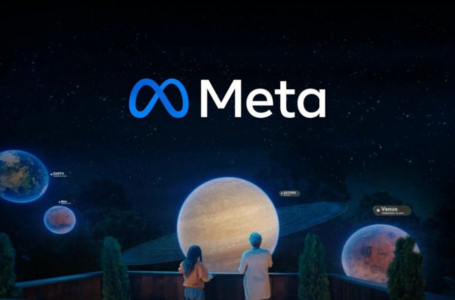The Rise of NFT Lending: Examining Concerns over ‘Predatory’ Platform Practices
The world of non-fungible tokens (NFTs) has exploded in popularity in recent years, with artwork, collectibles, and even virtual real estate being bought and sold as digital assets. As the NFT market continues to gain momentum, a new trend has started to emerge: NFT lending platforms. These platforms allow NFT owners to borrow against their digital assets, providing them with liquidity while still retaining ownership. However, concerns have been raised over the practices of some NFT lending platforms, with critics arguing that they are engaging in predatory behavior. In this article, we will explore the emergence of NFT lending and evaluate the controversial practices of these platforms.

The Emergence of NFT Lending: A Growing Industry Phenomenon
The rise of NFT lending can be attributed to the increasing demand for liquidity among NFT owners. While NFTs hold significant value, they often lack the same level of liquidity as traditional assets. This is where NFT lending platforms come into play. These platforms allow individuals to borrow against their NFTs, providing them with immediate access to funds without having to sell their digital assets.
As the NFT market continues to expand, so does the demand for lending services. NFT owners are looking for ways to leverage their digital assets to unlock capital for various purposes, such as investing in new NFTs or funding personal projects. NFT lending platforms offer a solution to this demand by providing a marketplace where lenders can connect with borrowers and facilitate NFT-backed loans.
Evaluating the Controversial Practices of NFT Lending Platforms
While NFT lending platforms have gained popularity, concerns have been raised over the practices of some platforms in the industry. Critics argue that certain platforms engage in predatory behavior by exploiting borrowers who may not fully understand the terms and risks associated with NFT-backed loans.
One concern is the lack of standardized and transparent terms and conditions across platforms. Some platforms may impose high interest rates, hidden fees, or unfavorable loan-to-value ratios, leaving borrowers at a disadvantage. Additionally, there have been instances where lenders have seized borrowers’ NFT collateral due to fluctuating market prices, resulting in the loss of valuable digital assets.
Another contentious practice is the lack of regulation in the NFT lending industry. Unlike traditional lending institutions, NFT lending platforms operate in a relatively unregulated space. This lack of oversight raises concerns about the potential for fraud, market manipulation, and unfair lending practices.
As NFT lending continues to grow, it is crucial to address the concerns surrounding the practices of these platforms. Striking a balance between providing liquidity to NFT owners and ensuring transparency, fair terms, and consumer protection is essential for the long-term success and sustainability of the NFT lending industry.
Regulatory bodies and industry associations have started to recognize the need for oversight in the NFT lending space, and it is expected that guidelines and regulations will be developed to protect borrowers and lenders alike. In the meantime, prospective borrowers should thoroughly research and assess different NFT lending platforms, ensuring they understand the terms and risks involved before engaging in any transactions.
By carefully evaluating and addressing the concerns over ‘predatory’ platform practices, the NFT lending industry has the potential to become a valuable and trusted part of the broader NFT ecosystem, providing NFT owners with the liquidity they desire while promoting responsible and fair lending practices.
AllIn1Bitcoins works diligently to offer impartial and trustworthy data on cryptocurrency, finance, trading, and stocks. Nonetheless, we are unable to furnish financial counsel and encourage users to undertake their own inquiries and due diligence.












